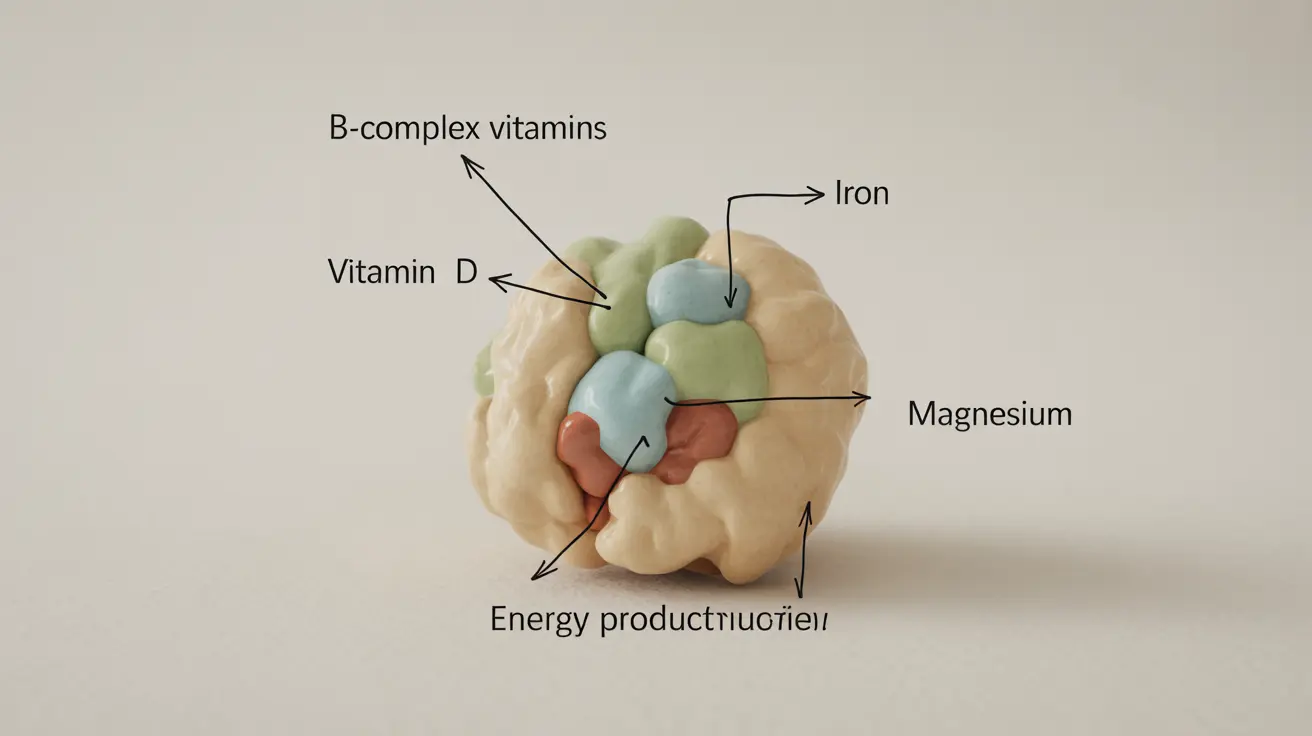Understanding which foods contain vitamin B is crucial for maintaining optimal health and well-being. The vitamin B complex includes eight distinct vitamins, each playing vital roles in energy production, brain function, and cellular health. This comprehensive guide will help you identify the best dietary sources of B vitamins and understand how to maintain adequate levels through your food choices.
Understanding the B Vitamin Complex
B vitamins work together as a family of nutrients essential for various bodily functions. From converting food into energy to supporting nerve function and maintaining healthy skin, these vitamins are fundamental to our daily health. Each B vitamin has specific roles and can be found in different food sources.
Rich Sources of B Vitamins in Animal Products
Animal products are among the most concentrated sources of B vitamins, particularly B12. Here are some excellent sources:
- Eggs (B12, B2, B5)
- Fish and seafood (B12, B3, B6)
- Lean meats (B12, B6, B3)
- Dairy products (B12, B2)
Plant-Based Sources of B Vitamins
Contrary to popular belief, many plant foods are excellent sources of most B vitamins:
- Legumes (B1, B6, folate)
- Whole grains (B1, B3, B6)
- Leafy greens (folate, B2)
- Nuts and seeds (B1, B3, B6)
The Role of Legumes in B Vitamin Nutrition
Legumes are particularly valuable sources of B vitamins, especially for those following plant-based diets. They provide significant amounts of thiamine (B1), folate, and B6. Regular consumption of different legumes can help maintain healthy B vitamin levels.
Fortified Foods and B Vitamin Content
Many common foods are fortified with B vitamins to help prevent deficiencies:
- Breakfast cereals
- Plant-based milk alternatives
- Nutritional yeast
- Bread products
Understanding Fortification Benefits
While fortified foods can contribute to B vitamin intake, it's important to understand their role as supplements to, rather than replacements for, whole food sources. The bioavailability and absorption of nutrients may vary between natural and fortified sources.
Special Considerations for Different Dietary Patterns
Different dietary choices may require specific attention to B vitamin intake. This is particularly important for those following restricted diets or with specific nutritional needs.
Frequently Asked Questions
What are the most common food sources of vitamin B12, and how can vegetarians and vegans ensure they get enough?
The most common B12 sources are animal products like meat, fish, eggs, and dairy. Vegetarians and vegans can ensure adequate intake through fortified foods, nutritional yeast, and B12 supplements, as plant foods don't naturally contain B12.
How can I incorporate more B vitamins into my diet, especially if I don't eat meat or fish?
Focus on consuming a variety of legumes, whole grains, leafy greens, nuts, and fortified foods. Include nutritional yeast, which is rich in B vitamins, and consider incorporating more eggs and dairy if you're vegetarian but not vegan.
What are the health benefits of consuming foods rich in B6, and are there any risks associated with high intake?
B6-rich foods support brain function, immune health, and protein metabolism. While food sources are safe, excessive B6 supplement intake can cause nerve damage. Stay within recommended daily allowances when using supplements.
Can fortified foods like breakfast cereals provide all the B vitamins I need, or should I consider supplements?
While fortified foods contribute to B vitamin intake, they shouldn't be your sole source. A varied diet of whole foods is ideal. Supplements may be necessary for some individuals, particularly those with restricted diets or absorption issues.
How do legumes contribute to overall B vitamin intake, and which specific B vitamins do they provide?
Legumes are excellent sources of several B vitamins, particularly thiamine (B1), folate, and B6. They provide these nutrients along with protein and fiber, making them valuable components of a balanced diet.




